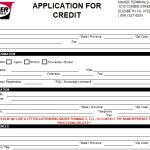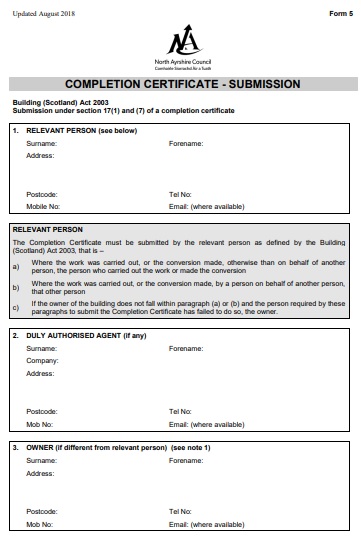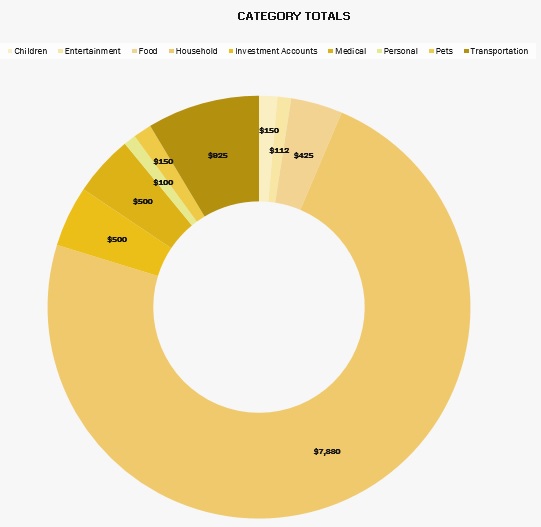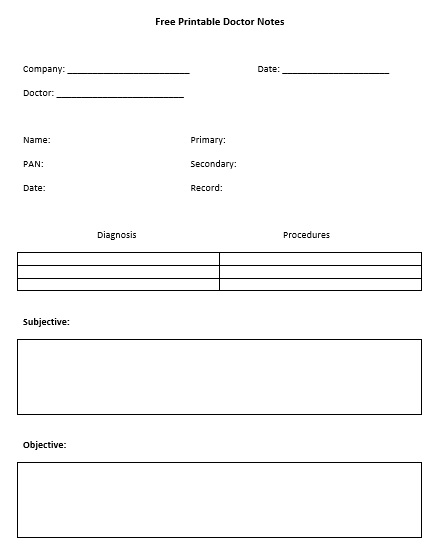Tenants are screened by landlords using a Rental Application form. Moreover, a well-written rental application helps landlords assess a tenant’s reliability and responsibility. As part of the rental application process, landlords may charge a non-refundable fee. Further, they can cover the cost of a background and credit history check. You can also refer to an application form as:
- Landlord rental application
- Tenant application
- Lease application
- Rental lease application
- Rental property application
- Application for a rental property
- Residential lease / residential rental application
If you use a rental form to find a reliable renter, you can save yourself from hassle later. Traditionally called a Lease Application, a rental application is the standard operating procedure before a tenant signs a Lease Agreement.
What Should Be on a Rental Application Form?
An application for a rental usually includes the following information:
Basic Rental Application Information
Your basic rental form should ask the applicant for identifying information before anything else:
- Name
- Social Security number
- Driver’s license number
- Phone number(s)
- Email address
The applicant must also indicate any additional tenants that will be staying at the property and their relationship to the applicant on a basic tenant rental application.
Tenant Rental History
You can gain insight into what kind of tenant an applicant might be by reviewing their residence history. Similarly, provide the following information about past residences of potential tenants:
- Their current and two previous addresses, including city, state, and zip code
- Dates of residence (when they moved in and out)
- Contact information for the landlord/manager
- Reasons for moving (including if they were asked to move out)
- Rental price, due date, and payment conditions (e.g., full payment, cash payment, etc.)
Tenant Employment History
You should ensure that an applicant can reliably pay rent since you will collect it. Moreover, you can assess the applicant’s financial stability by completing a rental application form. Make sure you ask prospective tenants about their work history on your rental/lease application form:
- Your current and last two employers, as well as their contact information
- Company name, phone number, and address
- Duration of employment
- Job title and responsibilities
- Monthly pay and nature of work (e.g., part-time, full-time, salaried, temp, etc.)
To prove income, applicants can provide recent pay stubs, W2 forms, employment offer letters, or even an employment verification letter.
Tenant Credit History
Some landlords require applicants to consent to a credit check before considering their application for a rental property. Even though Equifax, Experian, or TransUnion credit reports are useful, other credit references can be helpful when applying for a rental property. Reviewing an applicant’s credit history is easier with the following information:
- Bank account details and credit card statements
- Former landlords’ letters confirming regular rent payments
- Institutions where the applicant has accounts and their balances
- ITIN (Individual Taxpayer Identification Number) or Social Security Number (to run a credit check)
- Consent to a credit check
Tenant References
You should ask renters to provide references, preferably past landlords or neighbors. You should also check Room Rental Agreement Templates. Additionally, applicants should provide the following information:
- Name of reference
- Relationship to applicant
- Contact information
Tenant Background Check
As well as filling out a rental application, many landlords require applicants to consent to a background check. The information included in a background check varies depending on the service provider, but usually includes:
- Personal details
- Income statements
- Credit report(s)
- Criminal record report
- Eviction record report
- Fraud indicator report
- Employment history
- Public record check
- Rental history check
- National Sex Offender Registry check
To run a background check, follow these steps:
- Make sure the tenant has completed the application
- Both the tenant and the landlord sign
- Request a credit report
- Request rental history
- Check your employment status
- Check with references, including previous landlords
- Consult the National Sex Offender Registry
- Check the public websites of your state for sexual offenders
Additional Rental Property Application Questions and Verifications The rest of a good rental lease application will include questions about the property or tenant’s behaviour. The following questions should appear on your rental property application:
- What is the applicant’s reason for moving?
- Information about the vehicle (make, model, year, colour, mileage, and license plate number)
- Smoking status of the applicant(s)
- A rough estimate of how long they intend to stay
- If bankruptcy has been filed
- Does the applicant own a pet?
- Previous evictions?
- of previous landlords/current landlord
- Are you in debt? Do you have any criminal convictions?
- Do you have a co-signer or guarantor who will also be responsible for rent?
How to Approve or Decline a Rental Application?
Informing your new tenant that you have accepted the application once you have run your checks and selected an applicant is as simple as sending a Rental Application Approval Letter. If you choose the wrong tenant to rent your property, you could face missed rent payments, damages, and eviction difficulties. Moreover, you should ask prospective tenants to fill out a simple rental application to protect themselves. Therefore, if you have asked candidates to provide their Social Security number or other sensitive information, be sure to file the completed rental application forms in a secure location.
After a rental application has been approved, what happens next?
Following the approval of a rental application, you must prepare the lease agreement for your new tenant. The following information should be familiarized by landlords before starting this process:
- Rights and responsibilities of landlords and tenants (as determined by the state)
- Rental laws in each state
- regarding security deposits
When Should I Use Tenant Application Form?
You will benefit from using a tenant rental application form if you are:
- Concerned about finding a suitable tenant as a first-time landlord
- Previous landlords having bad luck
- A building in which there are a high number of renters
- Concerned about a tenant’s financial resources
- Looking for more serious tenants who are ready to move in soon
What do you mean by credit reference on a rental application?
A credit reference is someone, an organization, or a business that an applicant has had a financial relationship with. Moreover, credit references should be obtained in conjunction with a credit check on a rental application. A credit reference on a rental application will likely provide valuable insight into a prospective tenant’s payment habits. As a result, rent payments can be predicted more accurately by reviewing an applicant’s credit references.
How Long Does a Rental application take?
Approval of a rental application usually takes 24 to 72 hours. Similarly, many landlords want to check various personal and financial histories and databases, this process may take longer. Similarly, when possible, landlords should use templated legal forms and hire third-party companies to run important checks as part of their rental application processes. Therefore, if time is spent minimizing the collection and processing of applicant data, it can result in a better initial experience with tenants and more rental income.
free rental application form
residential tenancy application form
residential rental application form
residential rental application
printable rental application form
pre tenancy application form
fillable rental application form
free rental application form 1
Conclusion
An application for rental housing must be filled out by a tenant and submitted to the landlord for screening. Typically, tenants assume that renting a property is all about paying rent and the security deposit and then moving in. Nevertheless, there is a process for applying for a rental unit. Tenants should be aware that rental properties are always in demand, which means they will not be the only ones hoping to move into the house. Therefore, it is important to remember that landlords want high-quality tenants and want to fill their vacant properties quickly.


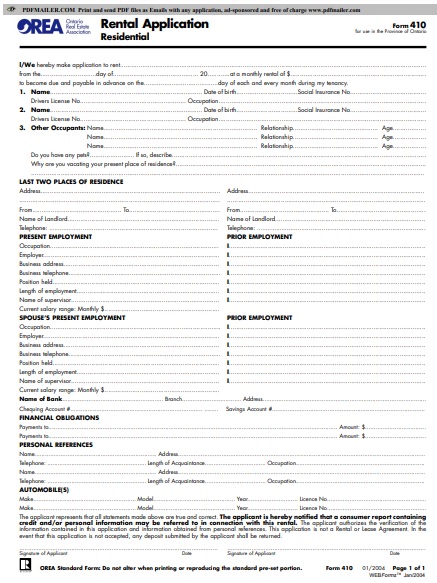
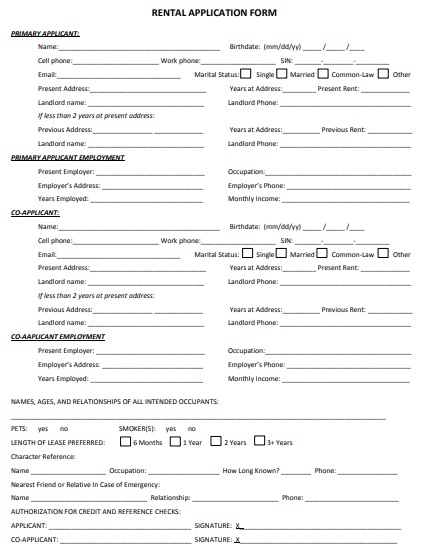
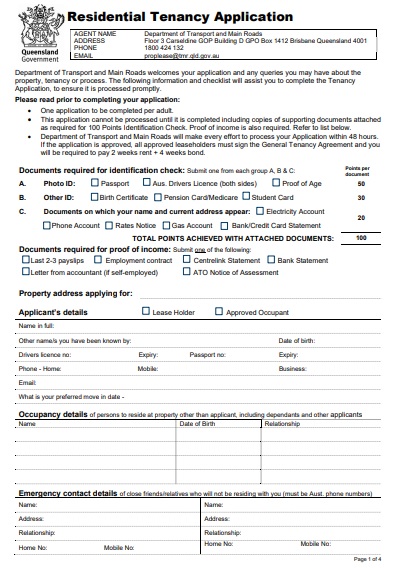
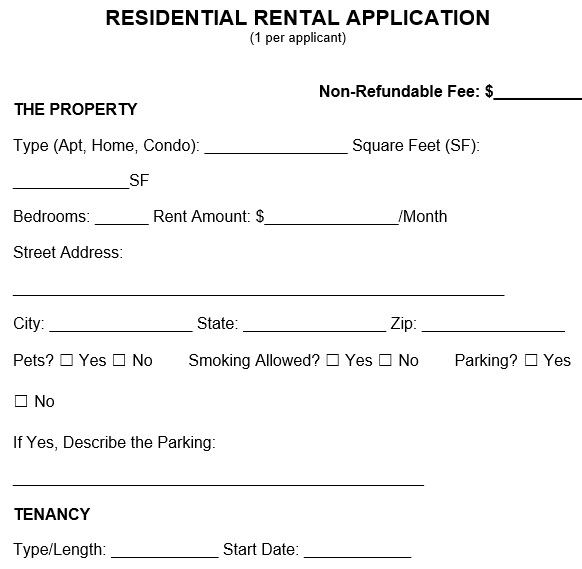
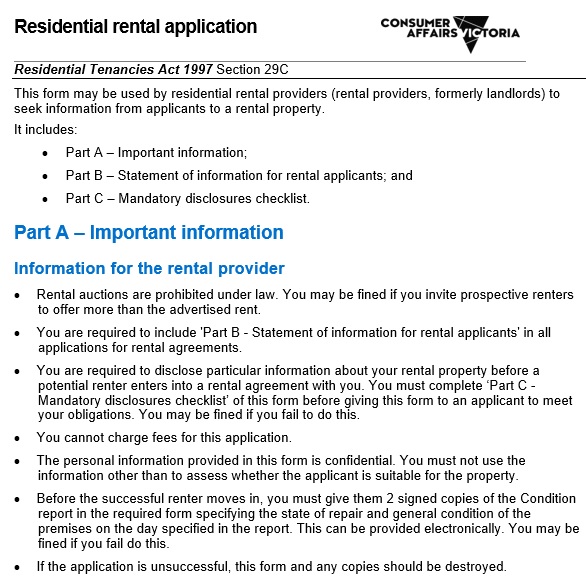
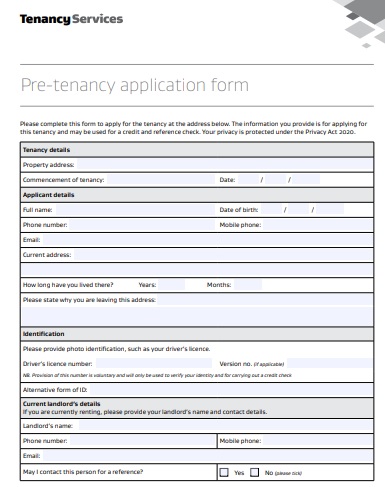
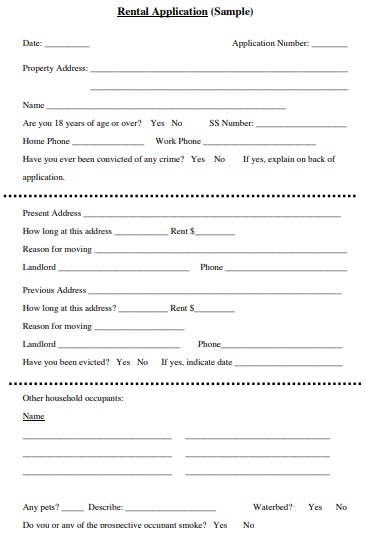
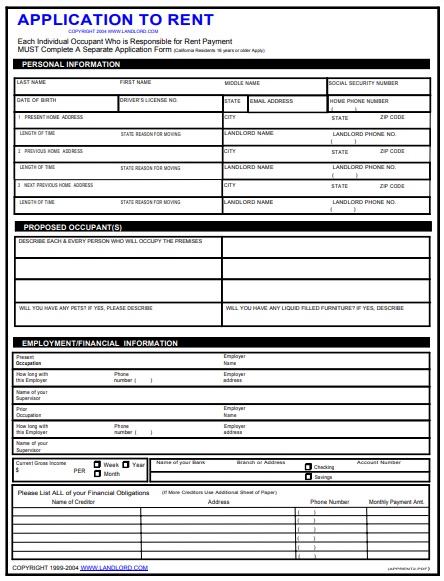
![Printable Tenant Information Update Form [100% Free] tenant landlord release of information form](https://templatedata.b-cdn.net/wp-content/uploads/2021/12/tenant-landlord-release-of-information-form-150x150.jpg)
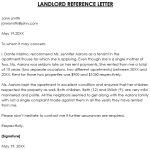
![Room Rental Agreement Templates & Forms [Word, PDF] free room rental agreement template 9](https://templatedata.b-cdn.net/wp-content/uploads/2021/08/free-room-rental-agreement-template-9-150x150.jpg)
![12+ Free Rent Payment Tracker Spreadsheet [Excel, PDF] free rent payment tracker template 3](https://templatedata.b-cdn.net/wp-content/uploads/2021/10/free-rent-payment-tracker-template-3-150x150.jpg)
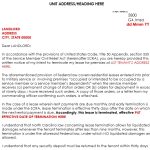
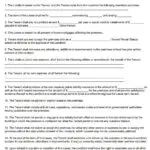
![Printable Sublease Agreement Templates [MS Word] free sublease agreement template 9](https://templatedata.b-cdn.net/wp-content/uploads/2021/10/free-sublease-agreement-template-9-150x150.jpg)
